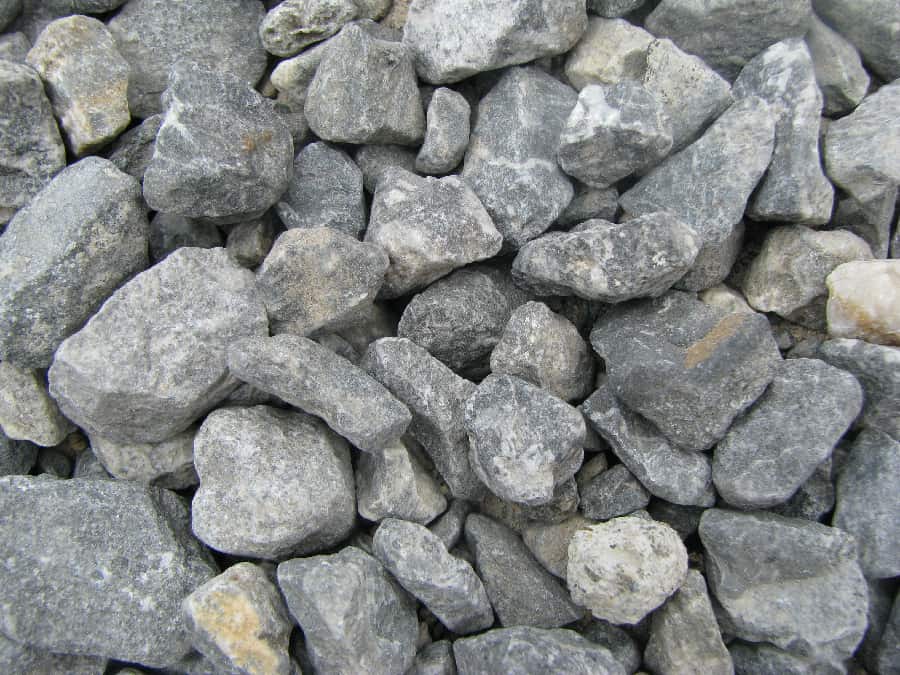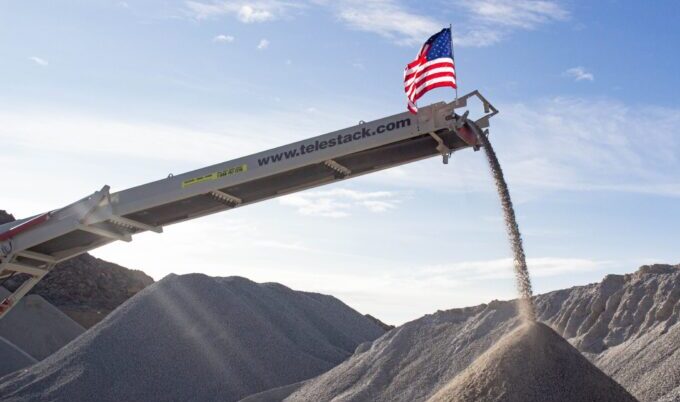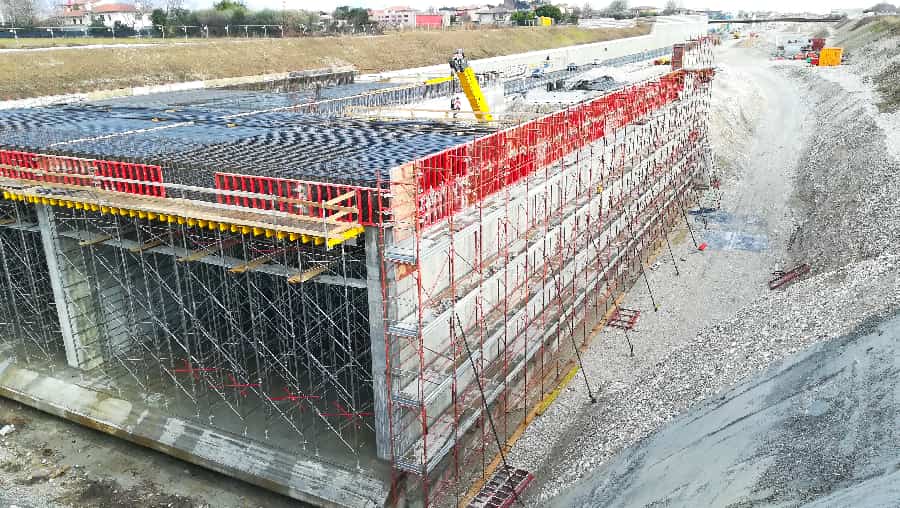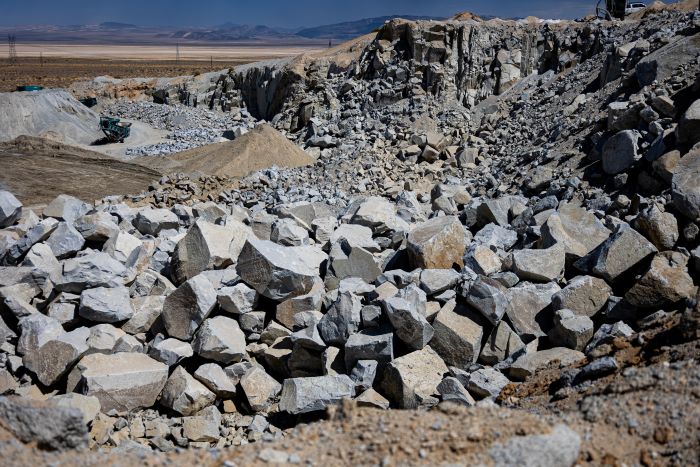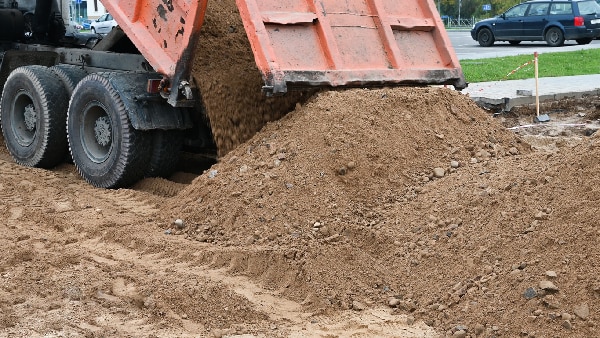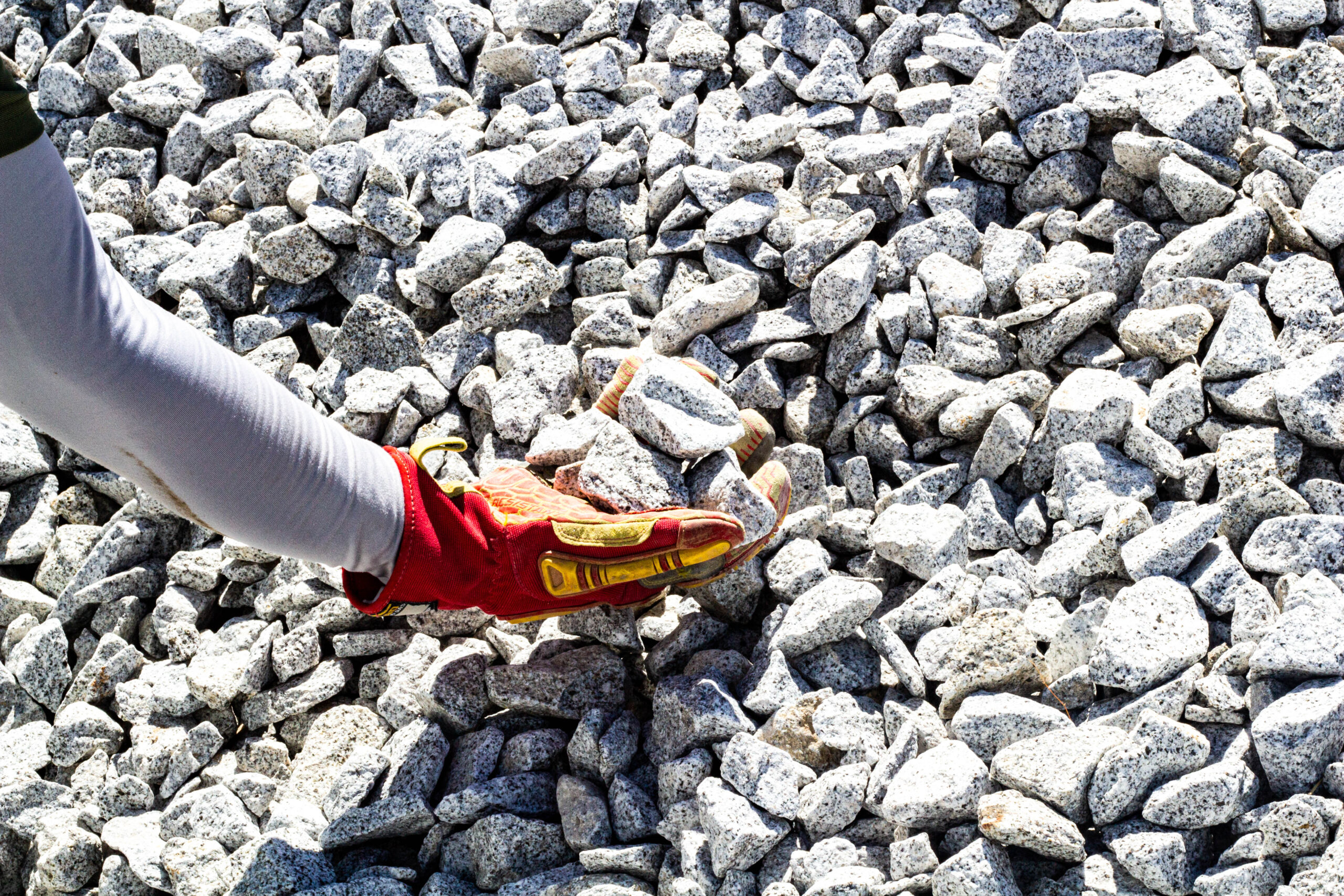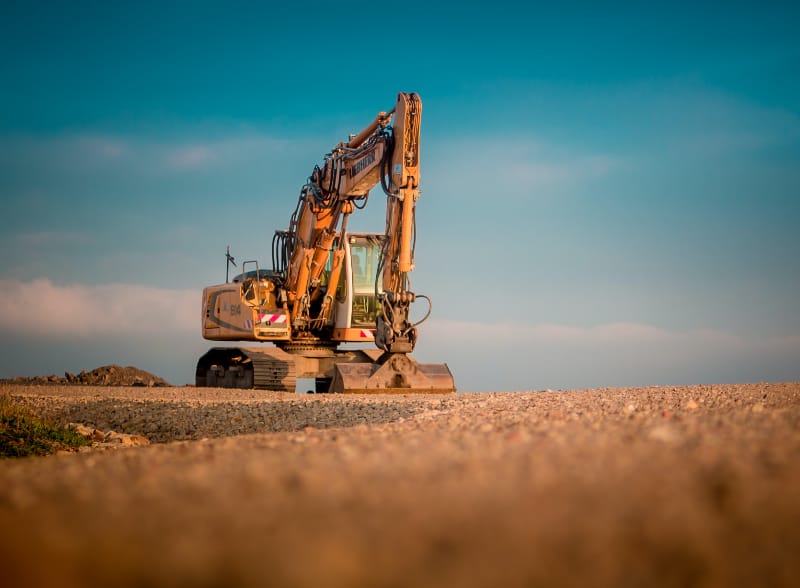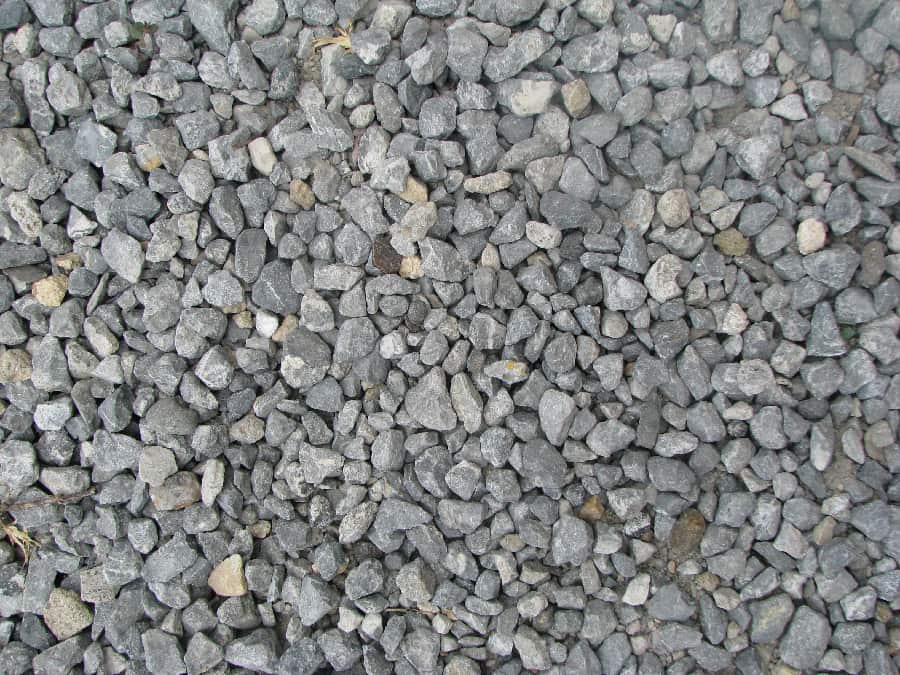
The Ultimate Choice for Stability and Strength
You know, in life, just as in construction, it’s the foundation that counts. That’s why if you’re embarking on a construction project, you want the finest and most reliable material out there. That is where CAB 1/2-inch minus enters the picture. And let me be clear: when you’re in the market for top-quality CAB 1/2-inch minus, Lynx Cat Mountain Quarry in Barstow California is where you should set your sights.
Granite: Nature’s Marvel for Construction
Before we delve into the details of CAB 1/2-inch minus, let’s talk about its prime ingredient – granite. Granite isn’t just another rock; it’s a culmination of nature’s grand design.
Why’s granite so perfect for construction?
- Durability: This rock stands the test of time. It’s resistant to wear and tear, making it the choice for structures meant to last.
- Density: Granite is dense, giving it unmatched strength and load-bearing capacity.
- Aesthetics: Let’s not forget, it’s also beautiful! Its natural patterns and colors lend a unique touch to any construction.
Now, why is granite the best option for CAB 1/2-inch minus? When crushed, granite provides a balanced mix of particle sizes, ensuring a compact and stable base. The intricacies of its crystalline structure make it especially adaptable for crushing, ensuring a consistent product.
Why CAB 1/2-inch Minus Is Sought After
The term “CAB 1/2-inch minus” might sound technical, but let’s break it down. It refers to crushed aggregate base where particles range from 1/2 inches down to tiny dust-like particles. This combination is essential in construction for a multitude of reasons:
- Stability: The varying particle sizes ensure that gaps are filled, leading to a compact and firm base.
- Versatility: It’s perfect for paths, driveways, and even foundational work.
- Efficient Drainage: The fine particles in the mix allow water to drain effectively, reducing water-related damages.
CAB 1/2-inch Minus from a Rock Quarry in Barstow California
Alright, now let’s discuss where the rubber meets the road: getting your hands on the finest CAB 1/2-inch minus.
Here’s a bullet-point rundown of the benefits of choosing a rock quarry in Barstow California:
- Quality Control: With local production, there’s a greater emphasis on maintaining quality standards.
- Economic Savings: Cutting down transportation distances saves you a substantial amount in freight costs.
- Community Support: Opting for local supplies means you’re uplifting the local In Conclusion
If you’re in the construction world and are looking for CAB 1/2-inch minus, you are in the right place. “You either get it right, or you get it again.” With Lynx Cat’s granite-sourced CAB 1/2-inch minus, you’re undoubtedly getting it right the first time.
Wrapping Up: Make the Right Choice with CAB 1/2-inch Minus
In conclusion, life and construction projects are about choices. Making the right ones determines the outcomes we get. When it comes to construction, CAB 1/2-inch minus is the right choice.

